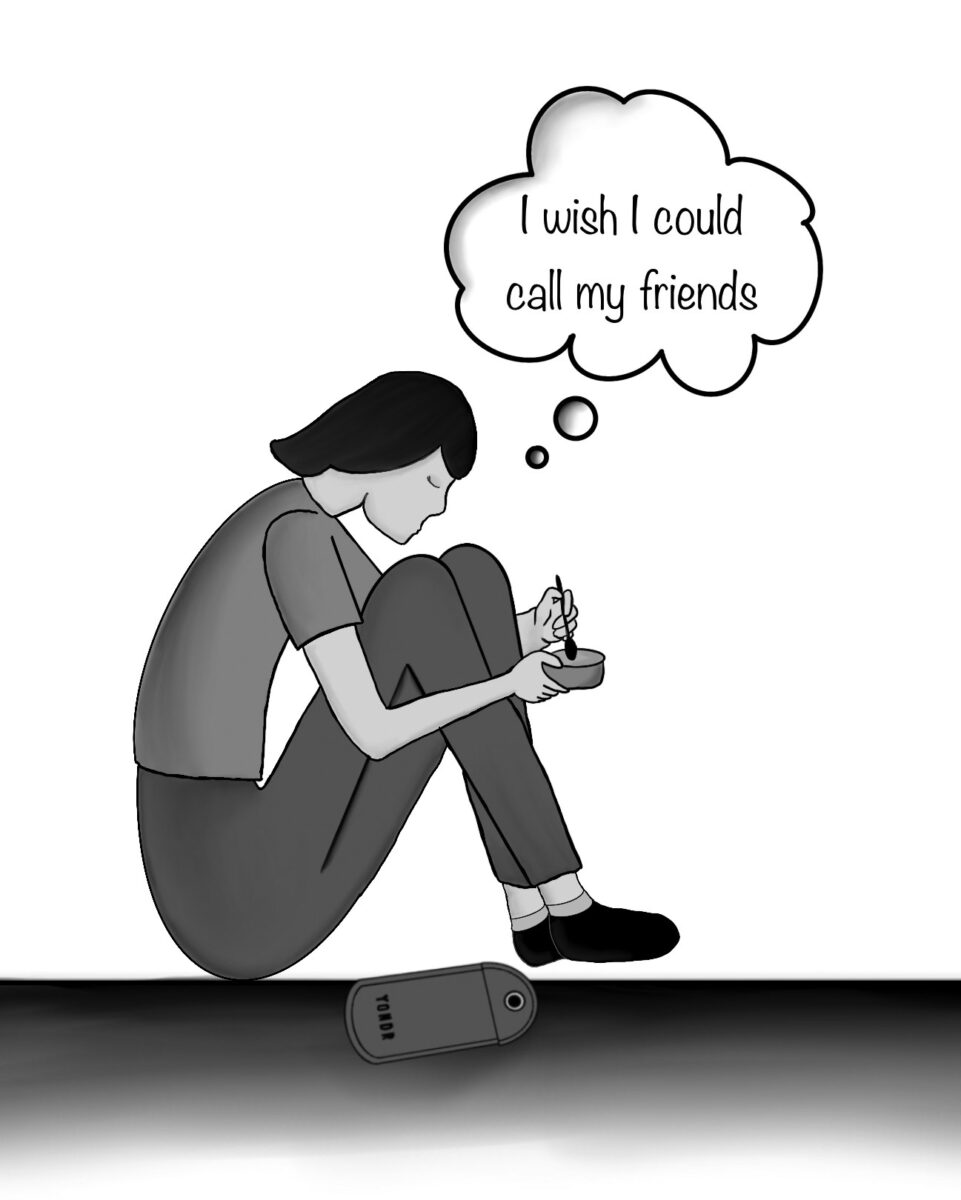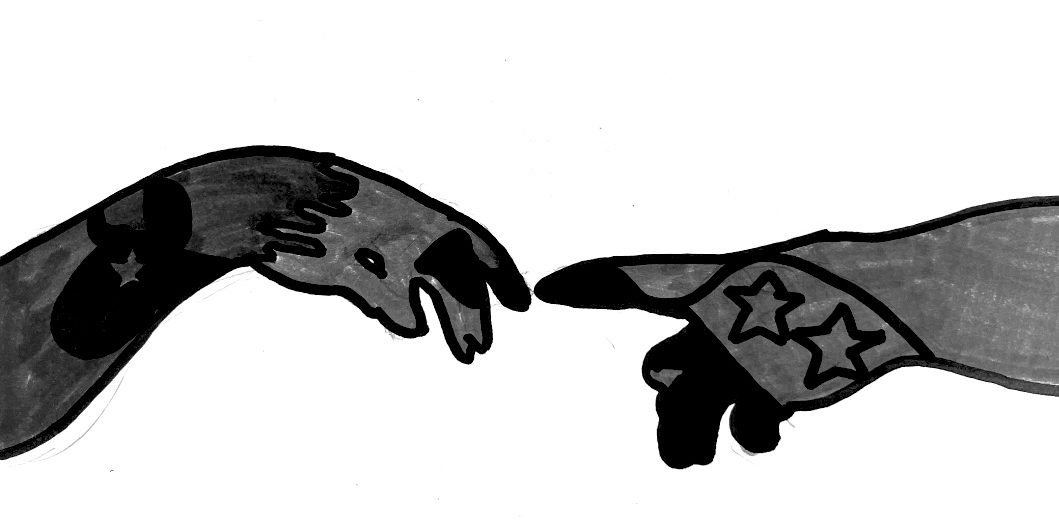On Thursday, Oct. 5, what will surely come to be known as the “day of reckoning” for sexual harassment in the workplace, the New York Times published an article outlining allegations of sexual assault against Hollywood movie mogul Harvey Weinstein. In the two months that have passed since then, 83 women have come forward accusing Weinstein of sexual misconduct, according to USA Today. The floodgates have opened and they aren’t closing anytime soon. From Reese Witherspoon to Angelina Jolie to Tarana Burke to the Silence Breakers, hundreds of women have bravely voiced their stories.
The overwhelming number of politicians, actors and other powerful men subsequently accused of sexual assault sends a clear message: all industries have a responsibility to address the historically rampant issue of sexual harassment. The most concerning issue regarding sexual harassment is Hollywood’s acceptance of it. But it is also up to us, the consumers, to help change industry standards. News coverage alone will not spur change. The accused may be skilled politicians or talented actors, but that doesn’t mean they are exempt from the basic decency that we expect from every other citizen. Although we publicly condemn sexual predators, we allow their abuse to go unchecked by continuing to support their work. No matter their contributions to society, we cannot hold the offenders in high esteem at the individual expense of the careers and dignity of their victims. We cannot let these allegations, or the bravery of the victims who voiced them, go unacknowledged.

If we continue to ignore the disparagement of these women, we further ensure that the industries’ standards will never change. In our own lives, we hold the power to make decisions about what we choose to consume from the television shows we watch to the politicians we support to the media we consume. We hold power in the decisions we make.
According to the Rape, Abuse & Incest National Network, (RAINN), out of every 1000 rapes, 994 perpetrators will not go to prison. In the overwhelming absence of legal ramifications for offenders, we must create a culture where sexual predators don’t go on to make Oscar-winning movie performances or rise to high places. Instead, sexual assaulters must face consequences. We cannot forget that the system allowing powerful individuals to continually abuse women is fueled by our choices as consumers. We must starve such a system of its power. We must boycott this institution of abuse that uses our patronage to exempt sexual predators from rightful social condemnation.
But condemning offender’s actions isn’t enough. We must also condemn their work. In the public response to sexual assault allegations made by two men against Kevin Spacey, many were quick to denounce Spacey as a predator, but hesitant to support Netflix’s decision to cancel the production of “House of Cards.” This is hypocrisy on the part of consumers because we allow a person’s talents to transcend their sexual perversions. We cannot vilify Spacey as a man while simultaneously praising his acting abilities. We cannot support his victims while simultaneously supporting his media.
When President Donald Trump faced his own allegations of sexual assault last year, it seemed that only days later the country had moved on. Nineteen women have come forward with stories ranging from sexual coercion to assault, and what were the consequences of his actions? He was elected President of the United States.
Recently, Trump endorsed Alabama Senate candidate Roy Moore, despite allegations that he molested a 14-year-old and sexually assaulted a 16-year-old when he was in his 30s and an Alabama senate candidate. Again, one predator supports another and perpetuates the cycle where rich and powerful men get away with egregious acts.
By supporting these habitual predators, we are buying into the process of abuse that inadvertently puts them in places of power. We must consciously make decisions about what we support and consume. Though it is jarring to see so many strong women confess tales of horror and victimization, their message is one that cannot be forgotten as we move forward.
Together, we must continue to empower the victims of sexual assault to continue this centuries-old fight for respect and equality.











